Overview
More than 20,000 individuals and organizations in 148 countries have signed the San Francisco Declaration on Research Assessment since its release in 2013. In November 2021, DORA announced the Community Engagement Grants: Supporting Academic Assessment Reform program. Our goal for the community engagement grants program was to build on the momentum of the declaration and provide resources to advance fair and responsible academic assessment. The program sought to support a broad range of ideas to promote assessment reform at academic institutions, including raising awareness of the need for change, developing new policies or practices, providing training to evaluators on practical strategies for responsible academic assessment, offering practical guidance to job applicants, and more.
DORA sought to fund ideas to advance assessment reform at academic institutions at any stage of readiness. Projects could be targeted to any level within an academic institution, including (but not limited to) reform efforts at the graduate program, department, library, or institution level, and should address one or more key aspects of education, planning, implementing, training, iteratively improving, and scaling policies and practices. More than 55 ideas were submitted from individuals and teams in 29 countries! After careful review, members of the Steering Committee selected 10 proposals to support.
Community Engagement Awardees
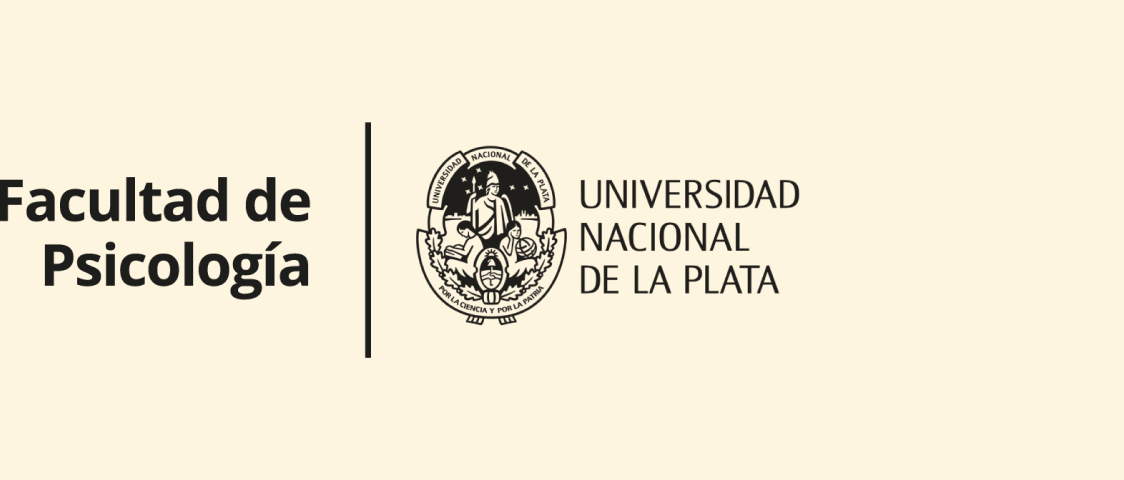
“Psicología (con)Ciencia Abierta”: Open Science Practices for Research and Research Assessment in Psychology and the Social Sciences
Team
Nicolás Alessandroni, Xavier Oñativia, María Cristina Piro, María Constanza Zelaschi, Maximiliano Vietri
Institution and region
Faculty of Psychology, Universidad Nacional de La Plata, Argentina
Project Summary
This project will hold virtual workshops and panel discussions on Open Science and academic evaluation, in Spanish, during the first semester of 2022. The target community will include professors, researchers, and students from the university, as well as stakeholders from other regional institutions. The discussion will focus on open science practices and research assessment in psychology and the social sciences, and will lead to participants identifying good practices to evaluate scholarly production in psychology and the social sciences.
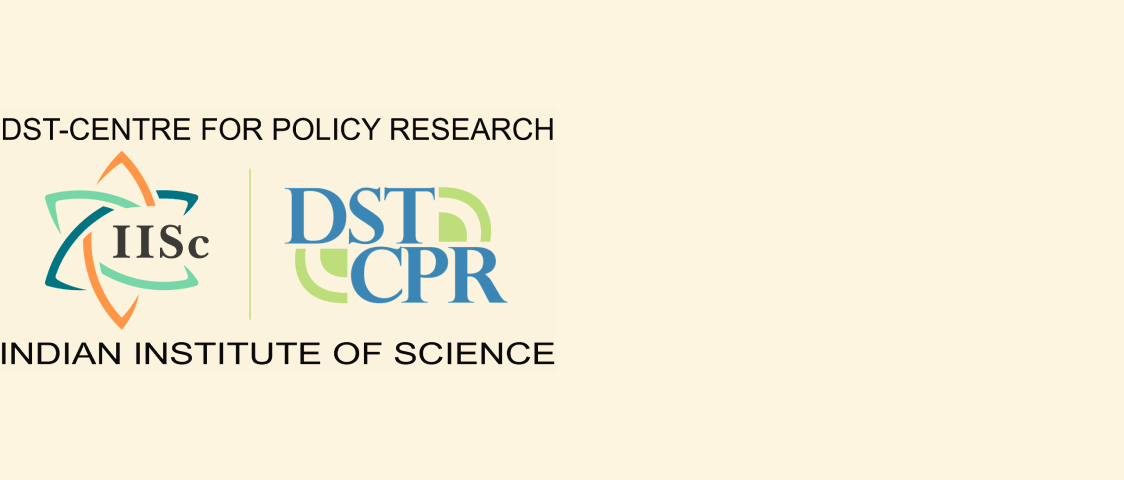
Exploring the Current Practices in Research Assessment within Indian Academia
Team
Suchiradipta Bhattacharjee, Moumita Koley
Institution and region
Indian Institute of Science, India
Project Summary
This project will initiate a discussion on research assessment criteria of Indian research and funding institutions through multiple workshops with the major stakeholders of the Indian research ecosystem. By initiating debates over the strengths and weaknesses of current assessment practices, the workshops will help institutions build robust, flexible research assessment frameworks.
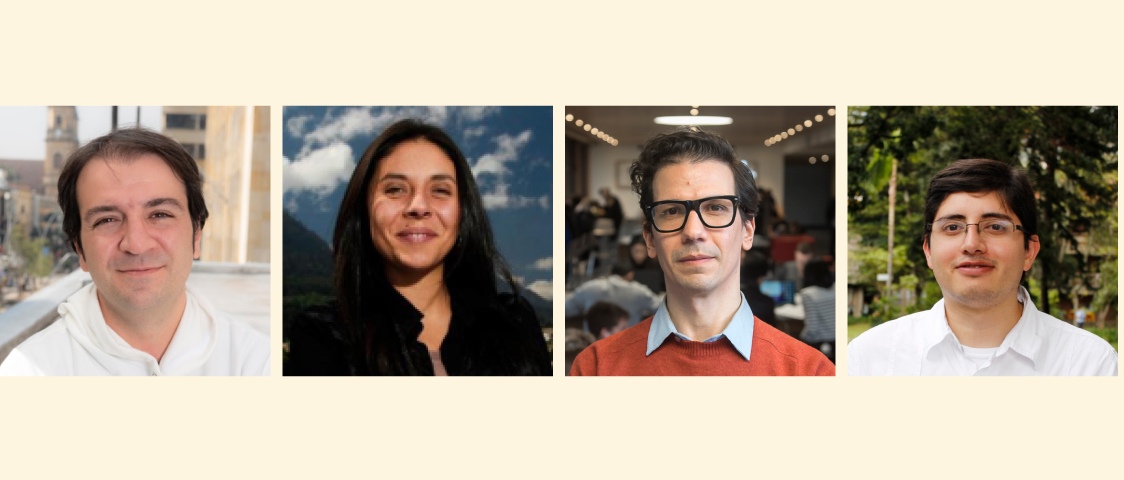
Co-creating a Responsible Use of Metrics for Research Assessment in Colombian Science, Technology and Innovation System
Team
Salim Chalela Naffah, Maria Alejandra Tejada, Juan Pablo Alperín, César Pallares Delgado
Institution and region
Universidad del Rosario, Colombia
Project Summary
Colombian academics, university presidents, and policymakers have gathered over the last 12 months to learn and discuss research assessment beyond traditional metrics. This project will summarize discussions from the past year, see their alignment with existing research, and host a do-a-thon to generate policy implementation guides.
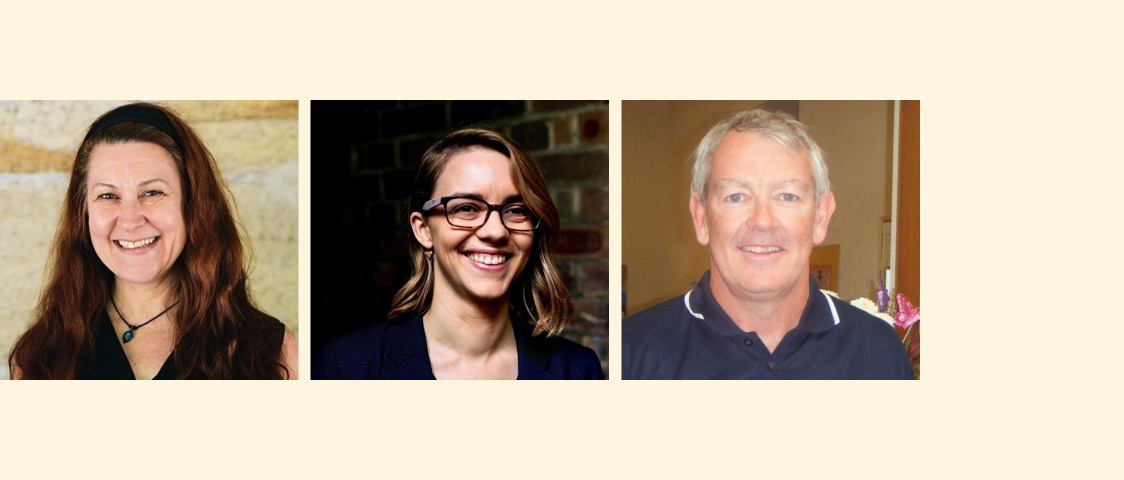
Research Development Plan Assessment Project
Team
Christine de Matos, Gerard Hoyne and Annette Pierdziwol
Institution and region
The University of Notre Dame Australia, Australia
Project Summary
The Research Development Plan (RPD) Review project will be conducted in 2022 at The University of Notre Dame Australia. Academic staff, the target community, will complete the new RDP, which assesses research activities. The project will review the new RDP process via focus groups with the target community, and collate qualitative feedback to ensure equity, fairness, engagement and transparency, along with alignment to best practice as advocated by DORA.
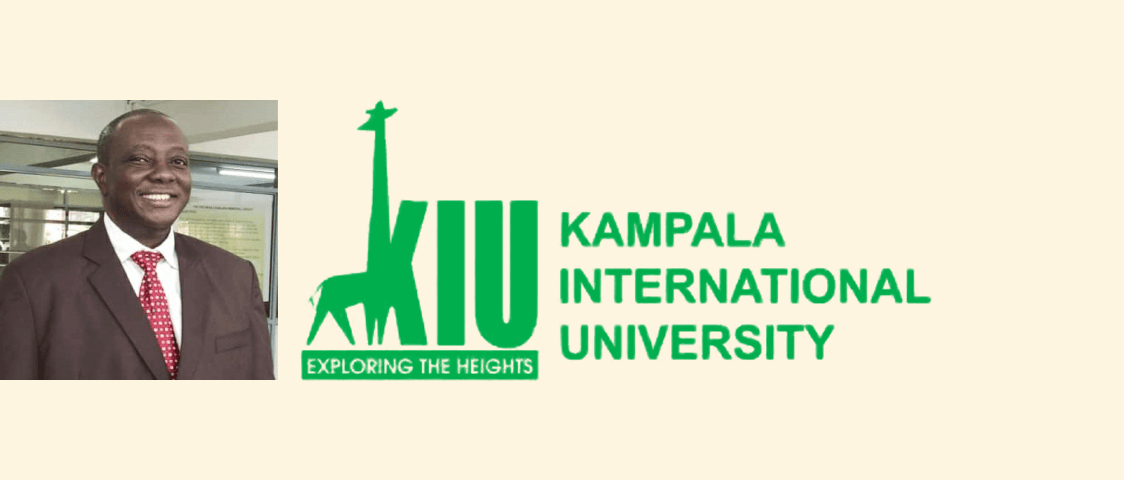
Workshop for Research Managers and Coordinators at Kampala International University (KIU) on the Institutional Goals and Values of Responsible Research Assessment
Team
Chukwuemeka Jude Diji, Chinecherem Umezuruike, Ademola Olaniyan
Institution and region
Kampala International University, Uganda
Project Summary
This project will conduct a series of workshops for research managers, administrators, and academic leaders in KIU on the institutional goals and values of responsible research assessment in the university, focusing specifically on DORA’s vision, including DORA’s principles for institutions to implement a practical and robust approach to research assessment. The project will produce a proposal for the University Council on revision of the academic evaluation practice in the university.
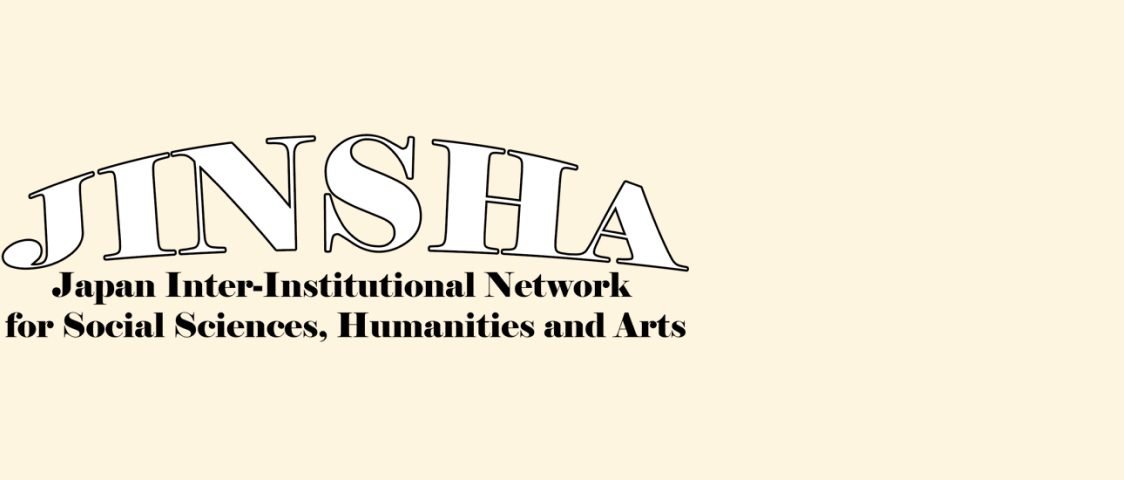
Creating a Platform for Dialogues on Responsible Research Assessment
Team
Futaba Fujikawa, Yu Sasaki
Institution and region
Kyoto University Research Administration Office, Japan, representing Japan Inter-institutional Network for Social Sciences, Humanities, and Arts (JINSHA)
Project Summary
This project will conduct a workshop, organized by JINSHA, a collective of university research administrators (URAs) and staff of 13 universities, to examine the current practice of research output analysis at universities in Japan and learn about the initiatives for potential reform. The event will raise awareness and build a platform for dialogue about fair and responsible research assessment among URAs and the wider academic community in Japan.
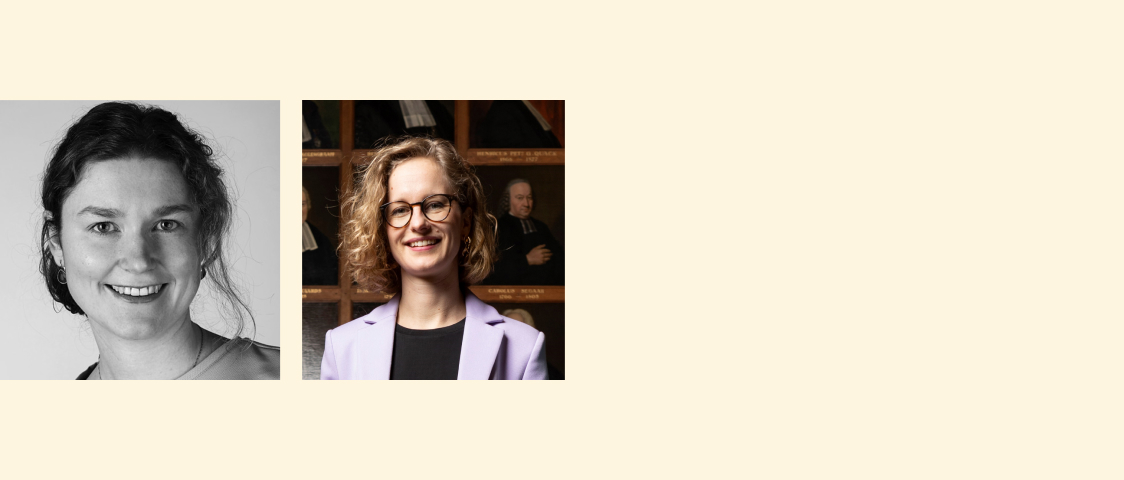
Implementing a New PhD Assessment: Does it Work?
Team
Inez Koopman & Annemijn Algra, on behalf of Young Science in Transition
Institution and region
University Medical Center Utrecht, Netherlands
Project Summary
In 2018, Young SiT, a thinktank of young scientists at the UMC Utrecht introduced a new evaluation form including a competency tool that placed less emphasis on bibliometrics, and more focus on personal accomplishments and growth in research related competencies. This project will continue that work through interviews with PhD students to better understand if the new assessment helps them to address and feel recognized for their work in various competences.
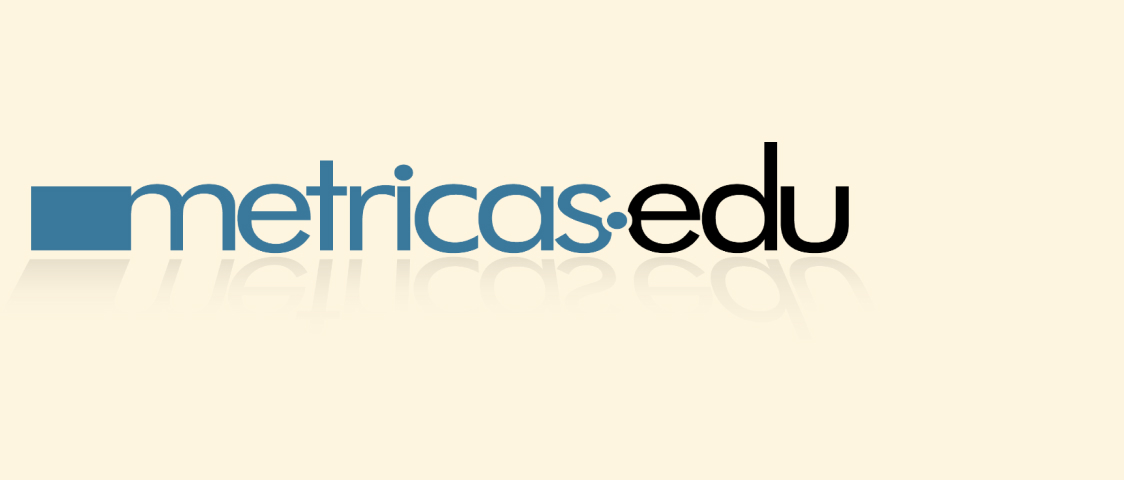
A Collaborative Roadmap for DORA Implementation in Brazil
Team
Jacques Marcovitch, Justin Axel-Berg, Pedro Belasco, Dulce Silva, Elizabeth Balbachevsky, Luiz Nunes de Oliveira, Marisa Beppu, Nina Ranieri, Renato Pedrosa
Institution and region
Projeto Métricas/Fapesp, Brazil
Project Summary
This project will establish a network of Brazilian university intelligence offices to conceive guidelines and procedures for the implementation of the San Francisco Declaration on Research Assessment. This initial network of ten universities will investigate the gap between demand and implementation through a series of workshops leading to a report with a roadmap for institutions.
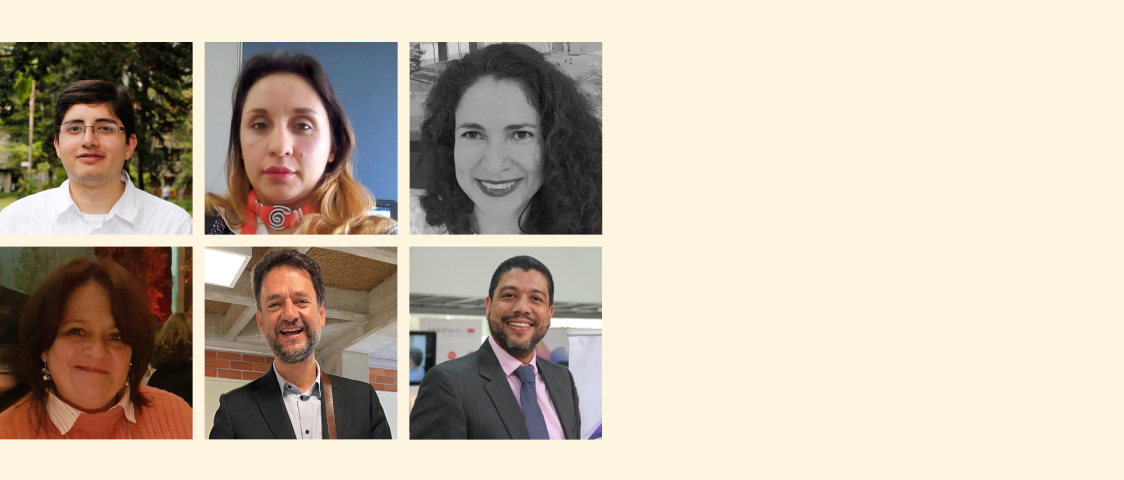
Promoting Responsible Metrics Rubrics in Colombian Academic Institutions
Team
César Pallares Delgado, Elizabeth Bernal Gaona, Alida María Acosta, Lorena Ruíz Serna, César A. Rendón, Hernán Muñoz Vélez
Institution and region
Corporación Universitaria Remington, Colombia
Project Summary
Throughout 2021, the project team educated the academic community about responsible metrics in Colombia and is developing an evaluation rubric adapted to the national context. The project will continue this work and share the rubric with Columbian university administrators through materials and a workshop oriented at helping them implement changes in how research is evaluated.
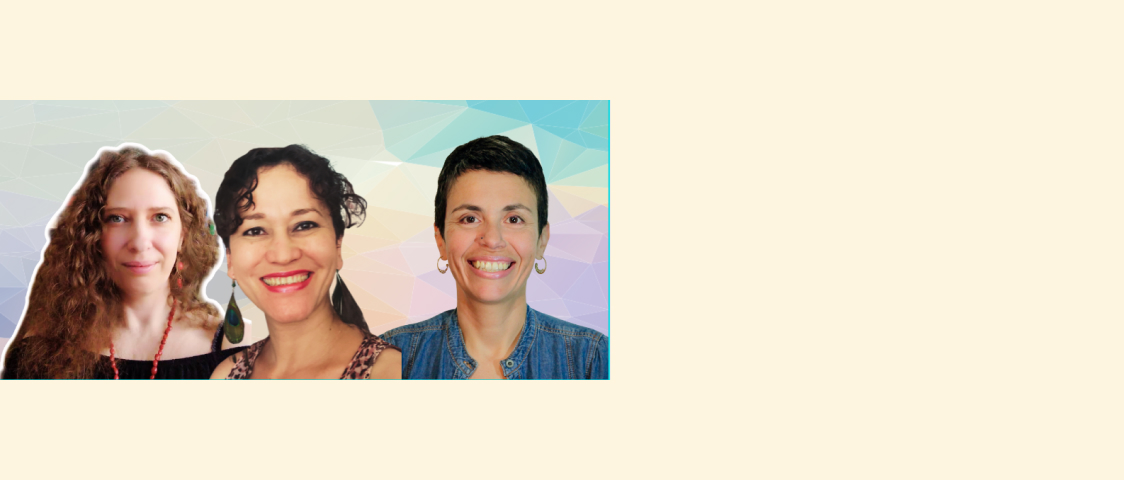
Academic Evaluation Policies Applied in the CLACSO Centers Network in Venezuela
Team
María Ángela Petrizzo Paez, Annel Mejías Guiza, Ximena González Broquen
Institution and region
National University of Tourism, Venezuela
Project Summary
The project will identify and study the academic evaluation policies of more than 60 social science research centers attached to the Network of CLACSO Centers of Venezuela. This will allow the Network of CLACSO Centers of Venezuela to create a joint statement that may improve academic evaluation policies at affiliated institutions. The project will help the institutions build robust, flexible research assessment frameworks.
Overview of the application process
Support provided
Applicants applied to receive up to $4,000 USD to pay for materials, supplies, marketing, and salaries to support projects that focused on research assessment reform. Please note, grant recipients will have six months to complete their projects, and funds must be spent by August 31, 2022.
Who could apply
Individual or collaborative team applications at all levels of academic professional development were welcome to apply. This included, but was not limited to: graduate students, postdocs, faculty, staff, and university administrators. For collaborative applications, only one person could serve as corresponding applicant for the purposes of selection.
While the grant was open to anyone at an academic institution with an interest in and a plan for raising awareness about or implementing scholarly assessment reform at their institution, department, or program, DORA was especially keen for applications from community members from the following priority areas: Africa, Asia, and Latin America and the Caribbean.
Requirements to apply
If applicants were applying as an individual: To be eligible to apply, the applicant or the applicant’s organization must be a signatory of DORA.
If applicants were applying as a collaborative team: To be eligible to apply, at least one member of the team or the team’s organization must be a signatory of DORA.
Applicants who had not signed DORA could sign as a part of the application process, and could sign DORA here before submitting their application.
Code of Conduct
To ensure the best possible experience for all, grant recipients are expected to follow established guidelines for participation in all Community Engagement Grants-related activities set by DORA’s administrative entity, the American Society for Cell Biology. By becoming a grant recipient, recipients agree they have read and will follow these rules.
